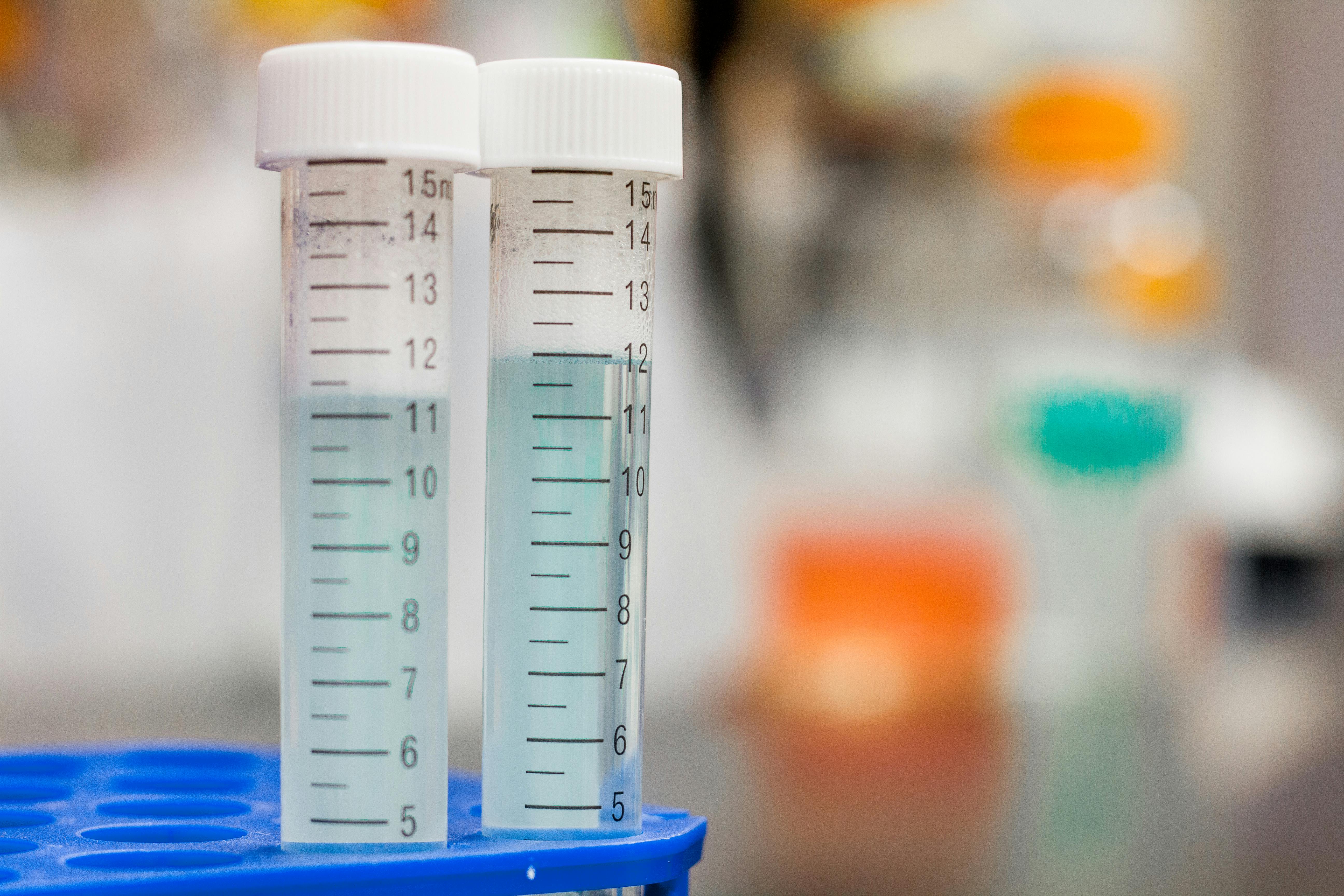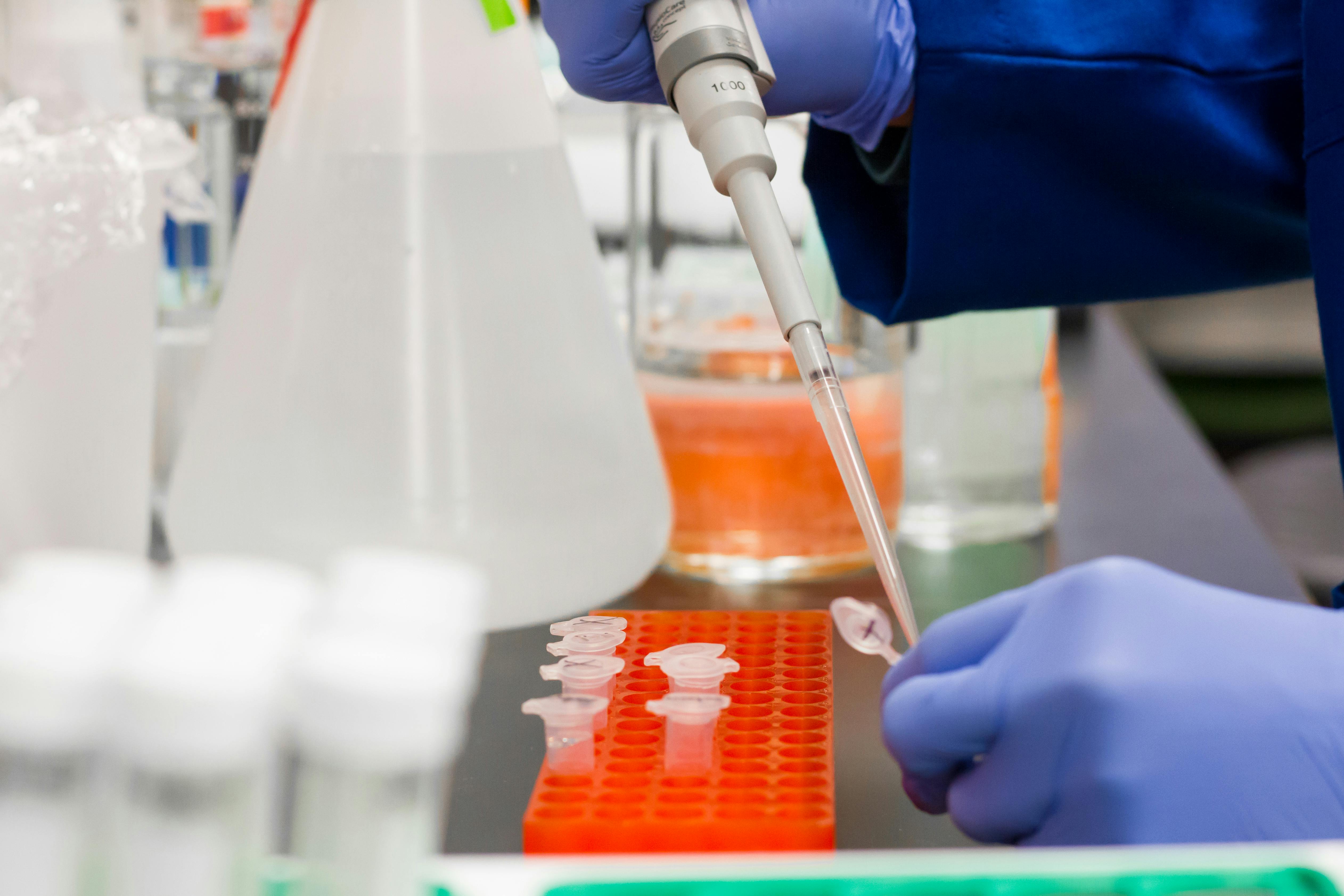New treatment improves an already revolutionary form of cancer therapy.
In a study published in the journal Nature Biotechnology, researchers at the Dana-Farber Cancer Institute outline a new technique they’ve developed to address the issue of cancer patients relapsing after reaching full remission using CAR T-cell therapies.
CAR T-cell therapies have transformed cancer treatment, particularly for certain blood cancers. This form of therapy involves reprogramming a patient’s own immune cells to fight the disease. Doctors collect T cells from their blood, then genetically modify the cells in the lab to produce special proteins, called chimeric antigen receptors (CARs), that can recognize and attack cancer cells. After the cells are multiplied in the lab, they are infused back into the patient’s bloodstream, where they seek out and destroy the cancer cells.
In multiple myeloma, nearly all patients initially respond well to CAR T-cell therapies, but most relapse, with half of the relapse occurring in one to two years. The new approach aims to make CAR T-cells more active and long-lasting for they continue to fight cancer until all tumor cells are destroyed.

“CAR T-cell therapies have been revolutionary for B-cell hematologic cancers like B-cell leukemias, lymphomas, and multiple myeloma,” said Dr. Mohammad Rashidian, the study’s senior author, adding of this original treatment method. “The initial attack eliminates most tumor cells, but a small fraction remains. CAR T-cells are designed to kill cancer cells, and when they can’t find any more, they disappear. The remaining tumor cells can then cause a cancer resurgence…Most efforts to tackle this challenge have focused on genetically modifying the CAR T-cells to extend their activity. While these methods show promise, they haven’t been very effective in clinical settings. We decided to take a completely different approach.”
The innovative technique, called the CAR-Enhancer (CAR-E) therapeutic platform, eliminates this issue, by infusing CAR T-cells with a memory of mutated cancer cells, enabling them to reactivate. CAR-E platform consists of a weakened form of the immune-signaling molecule interleukin-2 (IL-2) fused to the antigen targeted by the CAR.
Rashidian noted, “IL-2 can strongly activate T cells and cause them to proliferate, but it is also highly toxic to patients. We used a very weak form of IL-2, which on its own has no effect on normal T-cells but specifically stimulates CAR T cells when targeted to them.”
In lab experiments performed so far to test the new intervention using patient-derived cancer cell lines and other studies, CAR-E treatment successfully eliminated all tumor cells that were present. Taking cultures of both myeloma cells and animal models, CAR-E therapy completely cleared tumor cells, thus opening the door for follow up with human clinical trials to see if this is the results are transferrable.
“In animal studies, low numbers of CAR T cells couldn’t clear cancer alone. With CAR-E treatment, they expanded and cleared the cancer,” Rashidian confirmed, adding. “The simplicity of integrating this therapy into existing T-cell treatments is what excites us the most. It’s an elegant solution to CAR T-cell depletion, and we’re eager to test it in clinical trials.”
Sources:
Overcoming cancer relapse with CAR-Enhancer therapy
CAR-T Cell Therapy for Relapsed, Refractory Mantle Cell Lymphoma Fills Unmet Need


Join the conversation!